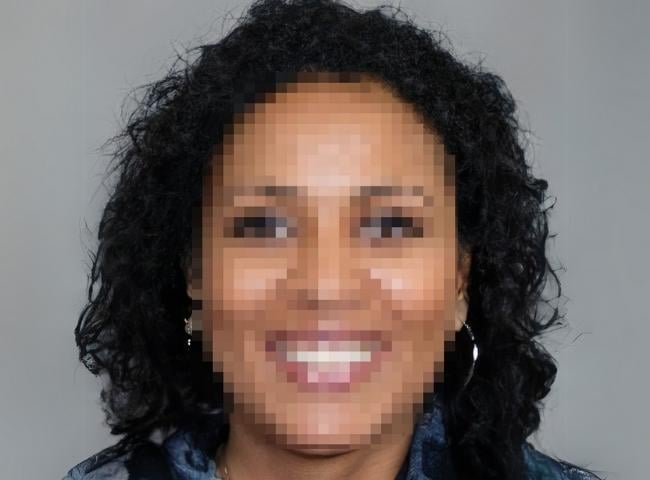Meet Zee

Zee's story
Electrolysis Support Fund recipient
Zee (she/they) is a 40-year-old disabled BIPOC non-binary person who has dedicated much of their life to caregiving. For over 10 years, they have served as a primary caretaker for multiple elderly family members. Due to the demands of caregiving, Zee lost their long-term disability benefits and is now struggling to cover household expenses while managing chronic health conditions of their own.
Earlier this year, Zee was hospitalized with pneumonia, which made it impossible to keep up with facial hair maintenance. This experience highlighted how vulnerable they feel when they’re unable to present as their authentic self. They experience painful razor bumps, hyperpigmentation, and ingrown hairs, all of which contribute to body dysmorphia and take a toll on their mental health.
Receiving laser hair removal would be a transformative step in Zee’s gender-affirming care, helping them feel more comfortable in their body and easing some of the emotional and physical burden they carry.
Zee's timeline
-
Award Granted
April 22, 2025
Zee was awarded a grant toward permanent hair removal!
About Hair Removal: Femme Award
On average, it costs $2,300+ for Zee's care.
- What is it?
- Before care
- After care
What is it?
Point of Pride provides grants to trans femme people seeking hair removal on their face, neck, or an area of the body in preparation for bottom surgery.
What is life like for a person who needs this care?
For trans femme folks, particularly trans femmes of color, access to facial hair removal often equates to safety against anti-trans violence or discrimination. It's common for applicants to note issues with employment and public safety, particularly if their facial hair is dark or thick. Electrolysis and laser hair removal services are often deemed cosmetic and therefore not covered by health insurance plans.
What is the impact of this care on the recipient’s life?
Access to hair removal often leads to a more positive emotional well-being, increased confidence, increased safety when in public, and better opportunities at employment and more.
Your support funds healthcare that's
life-changing. Life-saving. Life-giving.